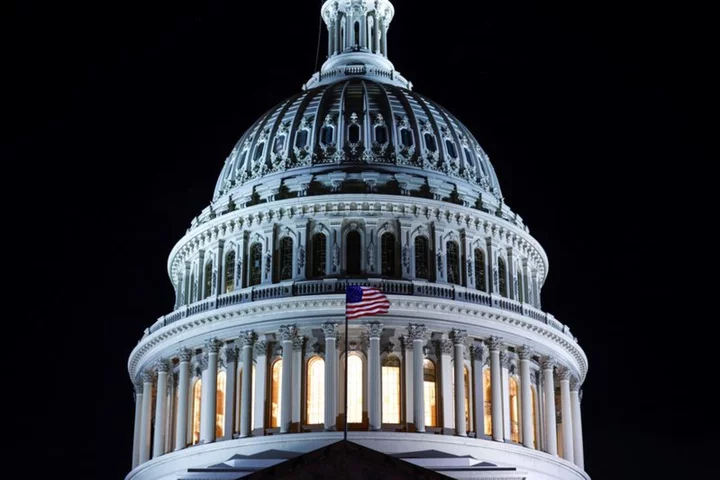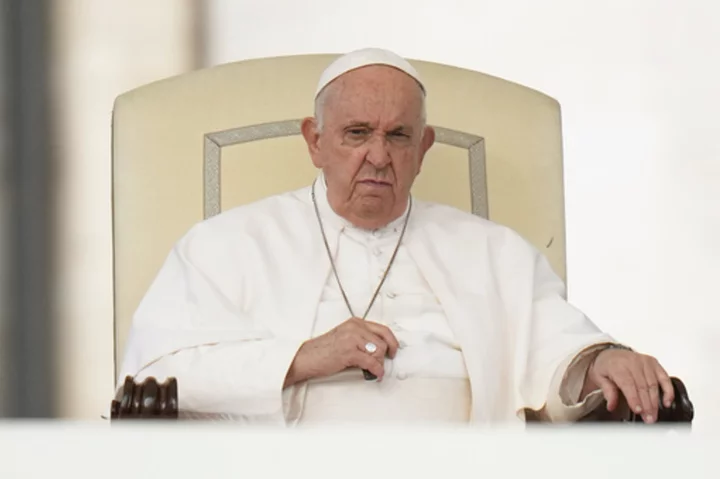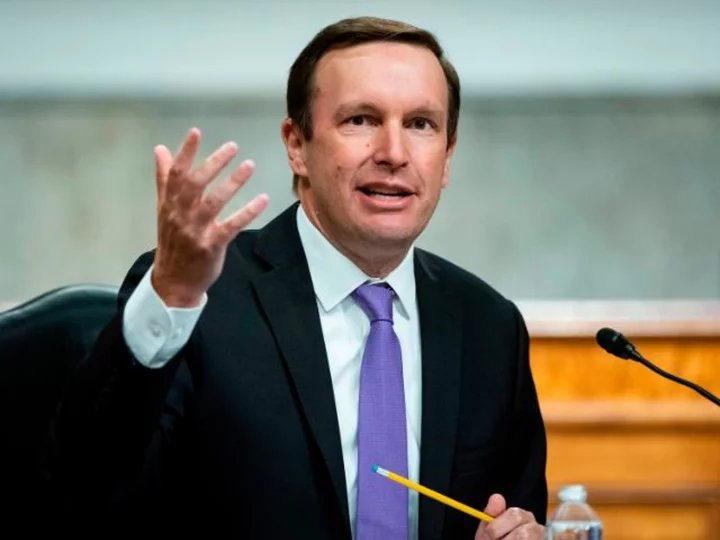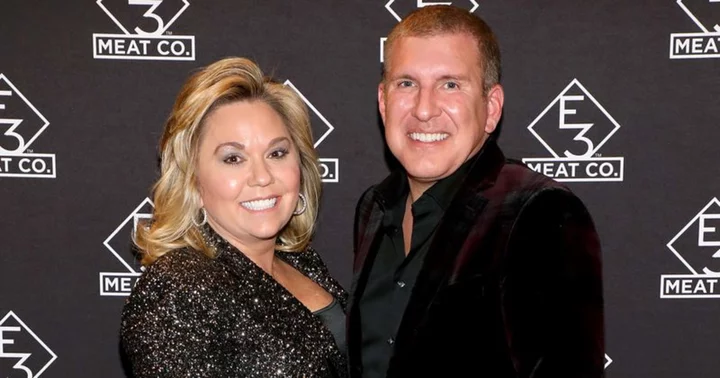By David Morgan
WASHINGTON Republicans who control the U.S. House of Representatives will try to move closer to picking a successor to former Speaker Kevin McCarthy on Tuesday, under mounting pressure from a war in the Middle East and another looming government shutdown.
The House Republican majority was due to hear from at least two candidates for the top congressional post - Majority Leader Steve Scalise and Judiciary Committee Chairman Jim Jordan - at an evening closed-door forum, a day before party members were expected to vote on a nominee by secret ballot.
Republicans hold a narrow 221-212 majority, which made it possible for just a handful of their members to oust McCarthy last week, and could make leading the caucus challenging for any new speaker.
While McCarthy was the first speaker to be ousted in a formal vote, the last two Republicans to hold the job wound up leaving under pressure from party hardliners.
Ahead of voting on a speaker, Republicans may first have to tackle other thorny issues, including how to move forward on government funding for the fiscal year that began Oct. 1 and whether to change the rule that allowed just one lawmaker to call a vote to oust McCarthy.
"Those are all points that members are talking about among themselves, and they do have to be reconciled and they have to be agreed to before we can go forward," Republican Representative French Hill told Reuters.
Over 90 Republicans have also called for a party rule change that would require any nominee to have the support of 217 Republicans, enough to win election to the speaker's post on the House floor in the face of Democratic opposition.
Jordan, a prominent hardline conservative backed by President Donald Trump, appeared to have an edge in support heading into Tuesday's meeting. But he was unlikely to do much better than split the Republican conference with Scalise, leaving each candidate short of the 218 votes needed to seize the gavel.
Scalise appeared to have the support of many veteran and establishment Republicans including party leaders, while Jordan drew endorsements from others including Trump-style populists.
"The American people are looking for not the status quo in Washington. If all they see is everybody just taking one step up, I think it would be very de-motivating," said Representative Michael Cloud, a Jordan backer.
Other candidates could also emerge, including McCarthy, who continues to have support among a number of Republicans and made clear on Monday that he would serve again as speaker if House Republicans asked him to do so.
After hardliners subjected McCarthy to a grueling 15 House floor votes before allowing him to become speaker in January, Republicans this time hope to achieve a clear majority to elect the next speaker behind closed doors.
Lawmakers said the conference could vote on Tuesday on whether to adopt a new rule raising the threshold for choosing a nominee to 217.
Some lawmakers warned that such a change could prove to be a new impediment.
"To me, this is empowering a small minority ... at the expense of the majority," said Representative Tom Cole, who told reporters that Republicans should instead support the nominee chosen by a simple majority of the conference.
Until a new speaker is chosen, the House cannot take action. That fact has brought new pressure to bear on Republicans after Israel declared war on Sunday following a rare attack byHamas militants that has prompted calls for more U.S. militaryaid.
But not all House Republicans agreed that the chamber should move quickly to replace McCarthy, saying lawmakers are still grappling with the shock of his ouster.
"The body is still warm," said Representative Max Miller. "We need an extra week to see who the candidates are, who are going to run to be leaders in our conference."
(Reporting by David Morgan; Editing by Lincoln Feast.)









